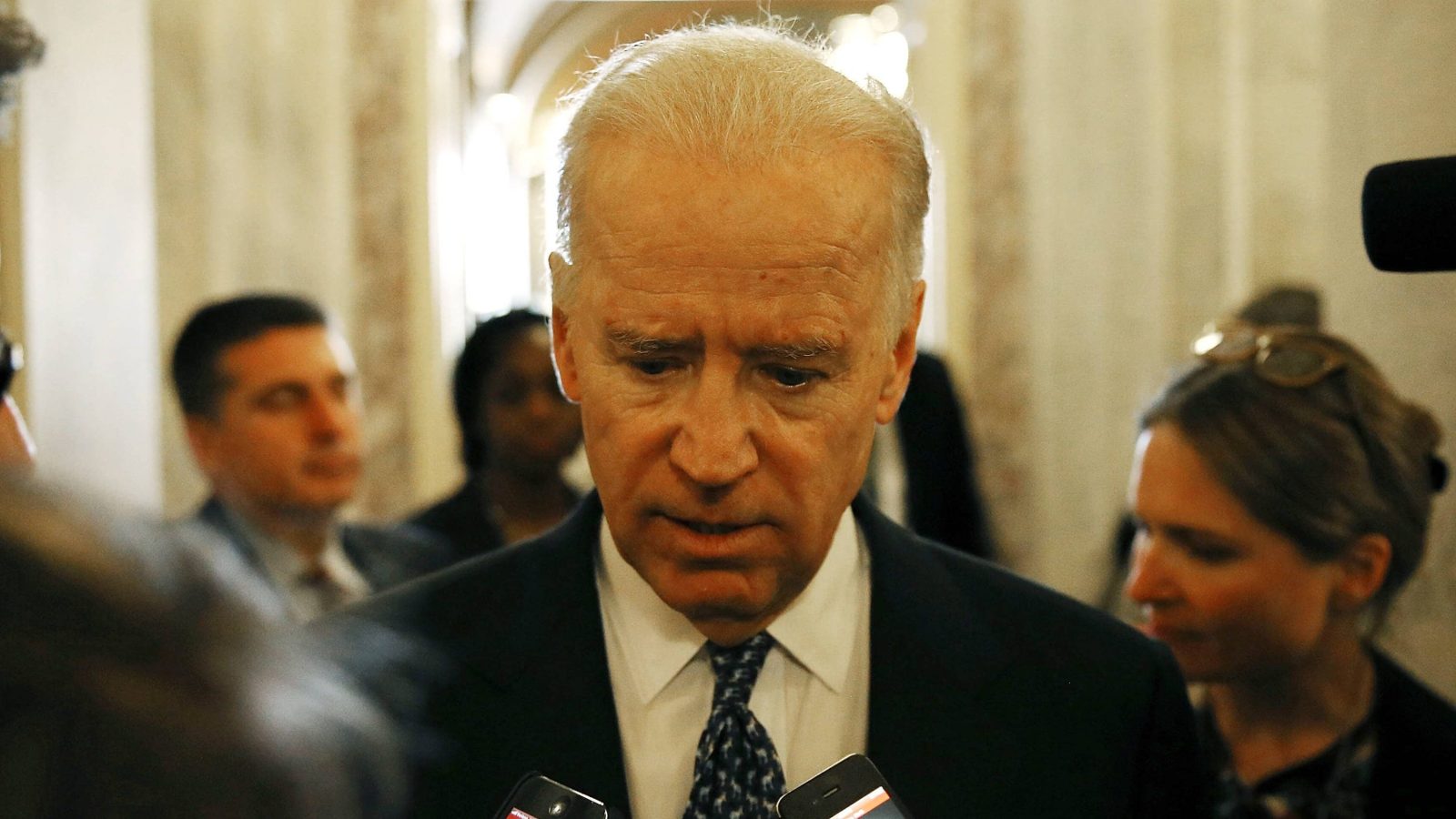When the U.S. House of Representatives passed its version of President Joe Biden’s Build Back Better Act last month, momentum for the climate and social welfare package was strong. Democrats planned to pass the Senate version within several weeks, hand the bill back to the House for a final vote, and then send it to Biden’s desk for his signature by the end of 2021. Passing that bill would have delivered on the second half of Biden’s agenda — the first being the $1.2 trillion infrastructure bill he signed in November — and given Democrats a bible to thump as they prepare for the 2022 midterm elections.
More importantly, Build Back Better would have delivered on Biden’s ongoing promises to make America a leader on climate change. The legislation includes $555 billion for climate action, the largest amount of money directed at reducing emissions and preparing Americans for the effects of global warming in U.S. history.
But it seems the bill is not to be. Senate Majority Leader Chuck Schumer, a Democrat from New York, wanted his caucus to pass the act by Christmas — a self-imposed and somewhat arbitrary deadline that was mostly aimed at keeping the fire lit under Democrats’ feet. But Democratic leadership and the president couldn’t get Joe Manchin, the conservative Democratic senator from West Virginia, on board with the plan. Democrats are now turning their attention to legislation that will help shore up voting rights across the country ahead of the midterms — though it’s unclear how they’ll pursue that course of action with only 50 votes in the Senate, as Republicans have made it obvious that they are fiercely opposed to making a deal on voting rights.
The tricky thing about the Build Back Better bill is that Senate Democrats have to vote in complete lockstep in order to pass it via the budget reconciliation process — an obscure senatorial procedure that allows the majority party to pass legislation that has to do with the tax code, the debt limit, or federal spending with a simple majority instead of a two-thirds majority, effectively bypassing Republican opposition. Manchin has made it clear that he won’t play along — he’s reportedly opposed to key components of the legislation and has expressed fears that the bill, which clocks in at $1.7 trillion, will add to rising inflation in the U.S. And that means that the fate of a bill that contains provisions that a vast majority of American voters support is essentially in Manchin’s hands alone.
On Thursday night, Biden pretty much admitted that the bill was stalled because he couldn’t come to an agreement with Manchin on the contours of the spending. “It takes time to finalize these agreements, prepare the legislative changes, and finish all the parliamentary and procedural steps needed to enable a Senate vote,” he said in a statement. “We will advance this work together over the days and weeks ahead; Leader Schumer and I are determined to see the bill successfully on the floor as early as possible.”
Update: On Sunday morning, Manchin appeared on Fox News Sunday and announced that he’s officially not voting for the bill in its current form. “I cannot vote to continue with this piece of legislation,” he said. “I’ve tried everything humanly possible, I just can’t get there.” Manchin’s announcement effectively dooms Build Back Better, adding it to the growing list of failed federal climate initiatives.



